
As an important equipment in industrial production, the trial operation stage of ball mill is crucial. Various problems often occur during the trial operation. If these problems are not solved in time, they will have a serious impact on the normal operation and life of the equipment. This article will discuss in detail the problems that often occur during the trial operation of ball mill and the corresponding treatment measures.
If there is a regular and loud knocking sound when the ball mill is running, it is usually because some liner bolts are not tightened, and the liner hits the mill body when the mill rotates. To solve this problem, you need to determine the liner position based on the sound, find the loose bolts, and tighten them.
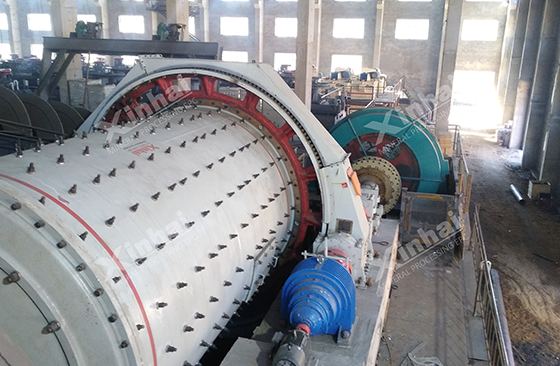
When the temperature of the ball mill and motor bearings rises and exceeds the specified temperature, it is necessary to check and deal with the following aspects:
1. Lubrication point inspection: Check whether the lubricating oil brand used in each lubrication part is consistent with the factory manual of the equipment.
2. Lubricating oil and grease inspection: Check whether the lubricating oil and grease are deteriorating.
3. Lubrication pipeline inspection: Check whether the pipeline is blocked and whether the lubricating oil directly enters the pipeline.
4. Bearing inspection: Check whether the side clearance of the bearing is smaller and whether the clearance between the bearing and the shaft is larger.
5. Rolling bearing grease inspection: Check whether the rolling bearing grease is too much or too little, and add enough oil according to the regulations. Generally, 1/3 to 1/2 of the bearing clearance is more appropriate.
6. Sealing device inspection: Check the sealing device of the hollow shaft at both ends of the grinding body.
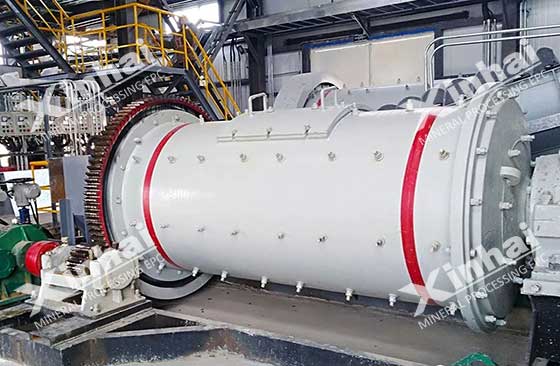
When the side clearance of the bearing is too small or the bottom contact angle is too large, the following measures need to be taken to solve these problems. First, the grinding cylinder must be lifted with a hydraulic jack. This allows the bearing to be pulled out smoothly from one side of the shaft. Next, the bearing edge needs to be scraped to ensure that its size and shape meet the requirements. Through these operations, the clearance and contact angle of the bearing can be effectively adjusted to ensure the normal operation of the equipment.
There are many reasons why the motor with reducer vibrates after starting, the main reasons are as follows:
1. The gap between the two wheels of the coupling is too small: If the gap between the two wheels of the coupling is too small, it will not be able to effectively compensate for the amount of movement caused by the self-centering of the magnetic center when the motor starts.
2. The alignment method of the coupling is incorrect: the two shafts are not concentric.
3. The connecting bolts of the coupling are not tightened symmetrically: if the connecting bolts of the coupling are not tightened in a symmetrical manner, uneven tightening force will result.
4. The outer ring of the bearing is movable.
The solution is to adjust the clearance between the wheels according to the regulations, make the two shafts concentric, and tighten the connecting bolts of the coupling symmetrically with the same torque.
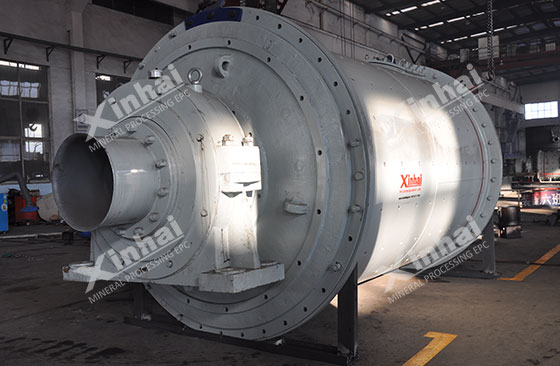
The reasons for the huge vibration when the reducer drives the ball mill may be:
1. When the balance axis of the mill and the reducer are not in the same straight line, common reasons include that the mill was not grouted for the second time when the liner was installed, or the anchor bolts after the second grouting were not properly tightened. These problems may cause one end of the mill cylinder to shift during the operation of the winch, so that the axis of the mill and the reducer are not aligned, and eventually cause vibration. To solve this problem, it is necessary to readjust the equipment so that the axis of the mill and the axis of the reducer are realigned on the same plane axis to ensure the stable operation of the equipment.
2. The foundation sinking is caused by the large size and heavy weight of large mills. The foundation may sink or shift when it is under the pressure of the mill. In order to monitor this problem, a settlement monitoring point should be set near the foundation for regular observation. If the foundation is found to have obvious sinking, corresponding adjustments must be made to ensure the stability and normal operation of the equipment.
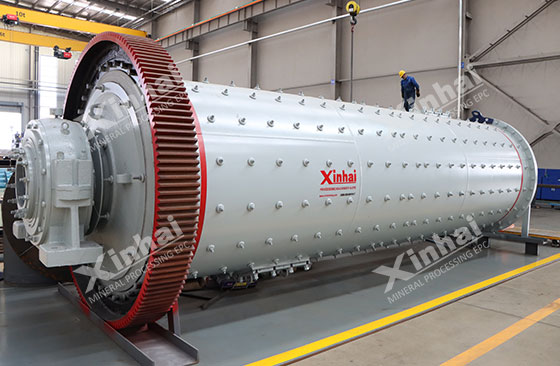
When the reducer of ball mill is operating normally, the sound it emits should be uniform and smooth. If there is a slight knocking sound or a hoarse friction sound, and there is no obvious change during operation, you can continue to observe and find out the specific cause of the sound. If the sound persists without significant improvement, detailed inspection and treatment should be carried out after parking the vehicle. If the sound gradually increases, you need to stop the vehicle immediately for inspection to prevent further damage to the equipment.
What needs special attention is that if the balance wheel and intermediate wheel of the reducer are not installed according to the specified meshing tooth elevation, serious problems may occur. At this time, the pinion of the high-speed shaft will drive the large gear of the intermediate shaft on one side, and the pinion of the intermediate shaft will drive the balance wheel, causing the balance wheel to drive the intermediate shaft on the other side in reverse. In this case, the load on both sides of the reducer is uneven, which may produce abnormal clicking sounds, indicating that the equipment is in a dangerous state. In this case, inspection and adjustment must be carried out immediately to ensure the safe operation of the equipment.
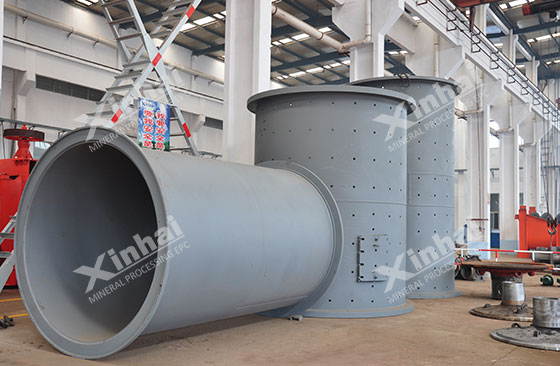
During the trial operation of the ball mill, timely discovery and handling of various problems is the key to ensuring the normal operation of the equipment. Through detailed inspection and maintenance of liner bolts, bearings, lubrication systems, couplings, reducers and other parts, various problems that occur during operation can be effectively prevented and solved, the service life of the equipment can be extended, and the smooth production can be ensured.
To find out more about our products and solutions, please fill out the form below and one of our experts will get back to you shortly.